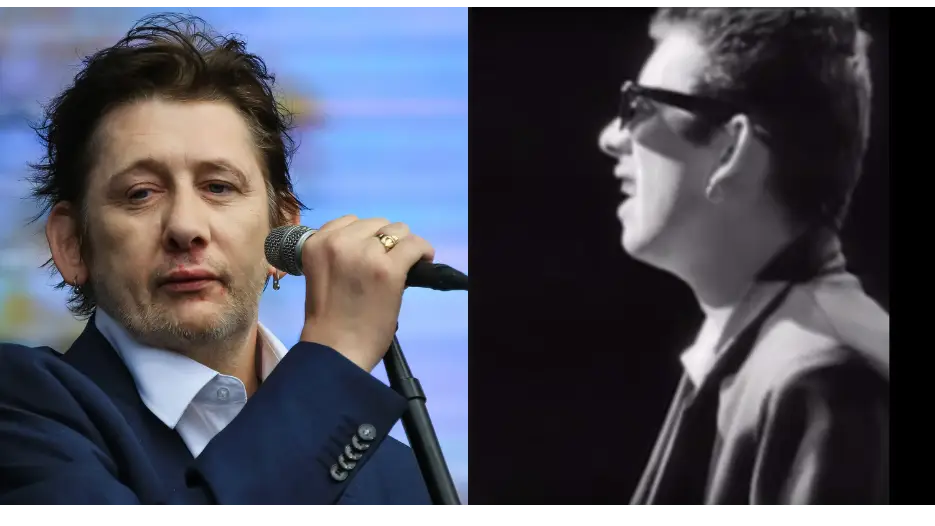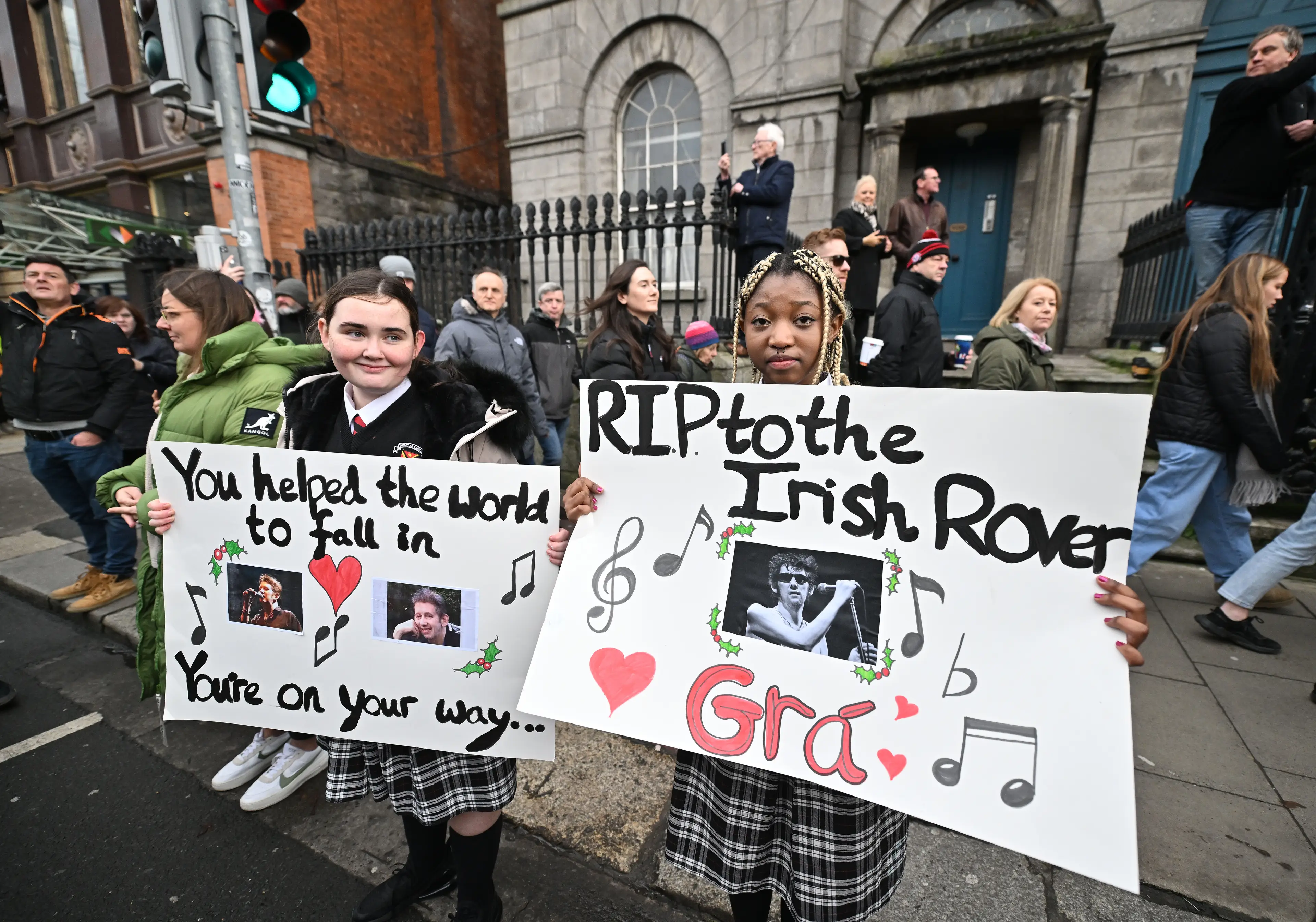
Everyone loves Christmas songs, but there's one tune which gets people up to have a merry dance like no other, and you've already read the headline so you know which one I'm talking about.
As well as being a stupendously brilliant song, it's also a way for couples to shout at each other in a healthy environment, without getting told off for having an argument on Christmas Day.
First released back in 1988 - by Shane MacGowan's band The Pogues and singer Kirsty MacColl - 'Fairytale of New York' is considered by plenty to be the best Christmas song of all time.
It didn't quite top the charts in the UK this year, with that accolade finally going to WHAM!'s 'Last Christmas', but 'Fairytale of New York' did end up in sixth place.
Advert
Sadly, with the death of MacGowan last month that means both of the song's iconic vocalists have now passed away.

Over the years, many have tried to give the song a go, but it'll never be sung better than it was by MacGowan and MacColl.
The song will be played over and over again each and every Christmas, and when a tune gets this popular it becomes a regular earner for those who made it.
Take 'All I Want for Christmas is You' by Mariah Carey, for example, it may be the bane of retail workers everywhere but it's earned her over $70 million (£55 million) since she sung it for the first time.
As for 'Fairytale of New York', estimates vary but the Mirror suggests that MacGowan was earning between £216,000 and £260,000 each year from the song.
They also reported that his widow, Victoria Mary Clarke, said MacGowan wouldn't have minded that WHAM! beat his song to the top spot, and 'appreciated that people love the song'.

However, the Irish Times indicates that the Pogues frontman could have been making up to £386,000 in royalties each year from the iconic song.
'Fairytale of New York' has never actually been the UK Christmas number one, though it's made the top 20 on the charts many times and has been there consecutively since 2005.
Last December, it passed a total of three million sales, so it's no surprise that the track continued to make money for years and years.
However, MacGowan didn't sing it very often following the death of Kirsty MacColl in 2000, saying: "Basically I stopped singing it when Kirsty went. Kirsty put in a great performance."